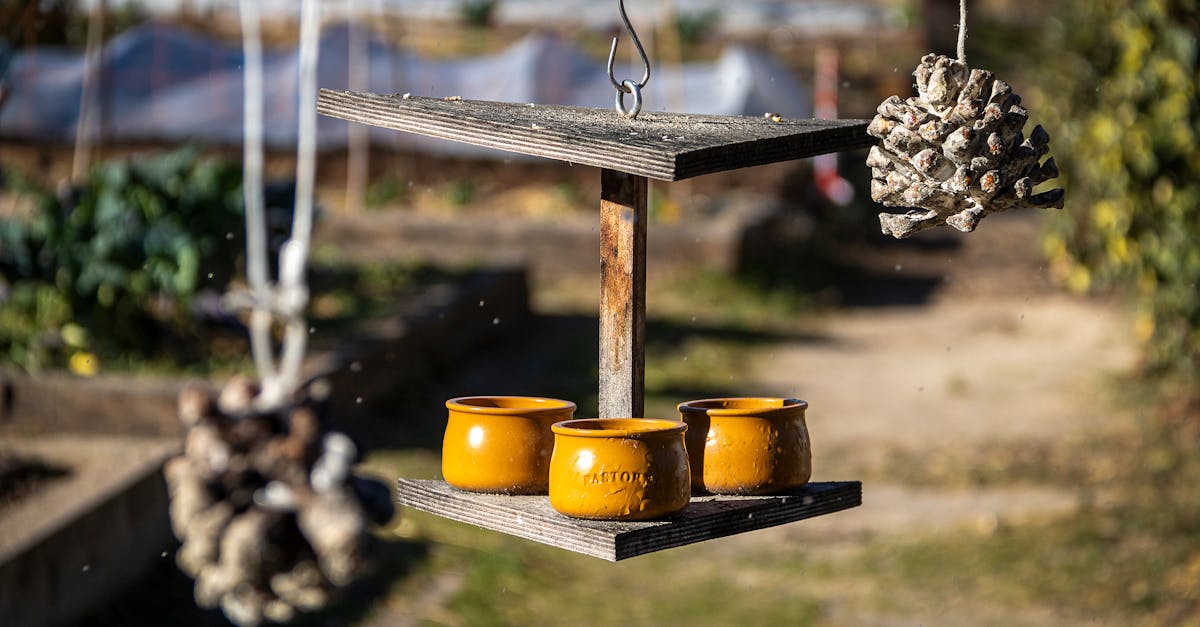Memento Mori?
The ancient Stoic philosophy introduced the Latin phrase “memento mori” meaning “remember you will die.” This Stoic concept encourages contemplating one's mortality as a way to live more purposefully.
The famous Stoic Seneca advised: "Let us prepare our minds as if we’d come to the very end of life. Let us postpone nothing. Let us balance life’s books each day. ... The one who puts the finishing touches on their life each day is never short of time.”
Memento mori isn’t just an archaic idea. The great Russian novelist Leo Tolstoy also extolled its virtues: "Memento mori - remember death! These are important words. If we kept in mind that we will soon inevitably die, our lives would be completely different. If a person knows that he will die in a half hour, he certainly will not bother doing trivial, stupid, or, especially, bad things during this half hour. Perhaps you have half a century before you die-what makes this any different from a half hour?"
I must admit, I am not naturally great at practicing memento mori. Intellectually, I understand that death awaits us all. But dwelling on mortality seems morbid, and frankly, depressing. My time feels better spent on more positive matters. In fact, I haven’t attended a single funeral in my life so far. Perhaps this makes me a coward regarding mortality. But funerals also won't make me immortal.
Death itself is out of my control. I can, however, influence my lifespan through diet, exercise, sleep, social connection, and stress management. So, I focus my energies there, on what I can control day-to-day. I accept that I cannot dictate the hour, day, year, or decade my end ultimately comes.
Rather than fixating on the abstract end of life, I aim to mindfully embrace the little “deaths” constantly unfolding. The finite nature of each moment is built-in.
Knowing the death of Talulla’s night feedings would come I savored them knowing there would be a time in the future I would think back to them with nostalgia. Her excitement for me to chaperone school lunches will also have its own death. Soon she’ll find me embarrassing and banish me from campus. My cherished time living in Bermuda will have its own death. Thus, I relish the island’s beauty knowing my days here are definitionally numbered.
These smaller endings and transitions may seem trivial compared to the ultimate closure of death. Yet appreciating them through the lens of impermanence has led to profound fulfillment.
My approach is perhaps less Stoic and more akin to the Japanese concept of ichi-go ichi-e - “one time, one meeting.” The essence of ichi-go ichi-e is that each encounter or experience is unique and temporary. Even the moments within this moment will immediately die.
Rather than focusing on the looming end of life, I aim to embrace the singular preciousness of each instant before it slips away. The smell of Talulla's hair as I hug her goodbye at school drop-off. The laughter shared with a friend over lunch. The smoothness of the water as I cut through it on my morning swim.
The Stoics find motivation in keeping death in sight. I find it by deeply engaging each fleeting moment. Not in dread of its passing, but in reverence for its singular beauty.
I don't know if my way is better or worse than memento mori. But nurturing presence has brought abundance to my life so far. Perhaps the Stoic view would enrich my appreciation further still. Memento mori’s enduring power may be in motivating us to infuse daily living with purpose and gratitude.
Rather than choosing between the approaches, integrating them may be wisest: use the realization of life's finitude to spur maximizing each day. Let the awareness of impermanence heighten the joy and beauty of the present. View mortality as the teacher that reveals living fully as life’s purpose.
Death comes for us all. But how we relate to that truth shapes our experience along the way. My outlook continues evolving, guided by ancient wisdom and modern practices. If remembering death more often stirs greater fulfillment, I will weave memento mori more into my perspective.
This moment will never come again. Even before I finish this sentence, it will be gone. All I can do is fully inhabit it, and release it with grace when its time expires.











